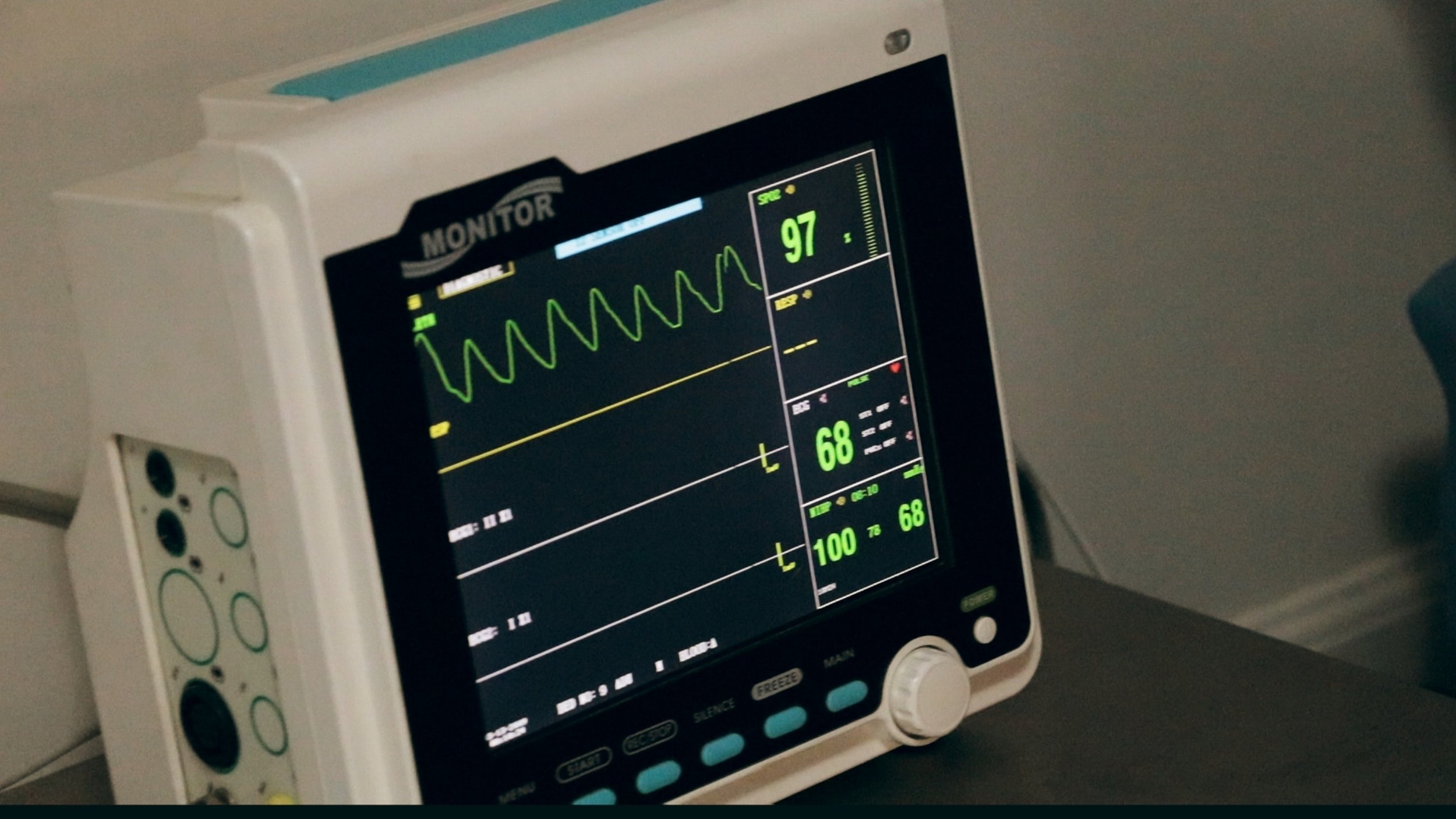Physical Examination
Physical Examination | Blood & Urine Testing | EKG
Overview
Physical examinations and testing are recommended to accurately diagnose each individual condition or complaint. This will lead us to accurate diagnosis or find potential disease or disease tendencies before they become damaging. Physical examinations are also recommended before beginning any exercise programs.
At the Center, our examinations include a personal and family history as well as a physical review of all systems. (Gynecological review is referred.) These evaluations are coupled with imaging and blood tests. Saliva or stool testing may be required in addition to blood and urine. Nutritional and dietary reviews are conducted, when necessary, as are outside referrals for any additional diagnostic procedures.
Your personal report will include results of all tests and appropriate diagnoses. We will also make nutritional suggestions to attain or maintain an optimum lifestyle.
Blood & Urine Testing
Your Natural Health Physician can learn a great deal about your health from a sample of your blood. Laboratory tests help in several ways. Sometimes test results will be abnormal before you have any symptoms. And, for those times when symptoms have developed, laboratory test results help confirm that a problem does exist.
But a normal test result is just as significant as an abnormal result. A normal result does not mean that the test was unnecessary. When a result is normal, it not only helps to rule out disease, but it also establishes a baseline for you. Each person has his or her own baseline "normal." A person's own result is the best baseline for monitoring any change that takes place in the future.
Urine samples may aid in the diagnosis of urinary tract diseases and infection, as well as indicate diabetes, malnutrition and other conditions.
EKG (Electrocardiograms)
Electrocardiograms are performed to immediately ascertain if you are currently experiencing or have had a heart attack or a heart condition that affects the electrical potential of the heart. Arrhythmias (irregular beat), high or low levels of potassium or calcium, mitral valve prolapse and other heart abnormalities can be initially uncovered by EKG testing. Further testing may be recommended. Sometimes the best reason for performing an EKG is to find out that there is actually nothing wrong.

